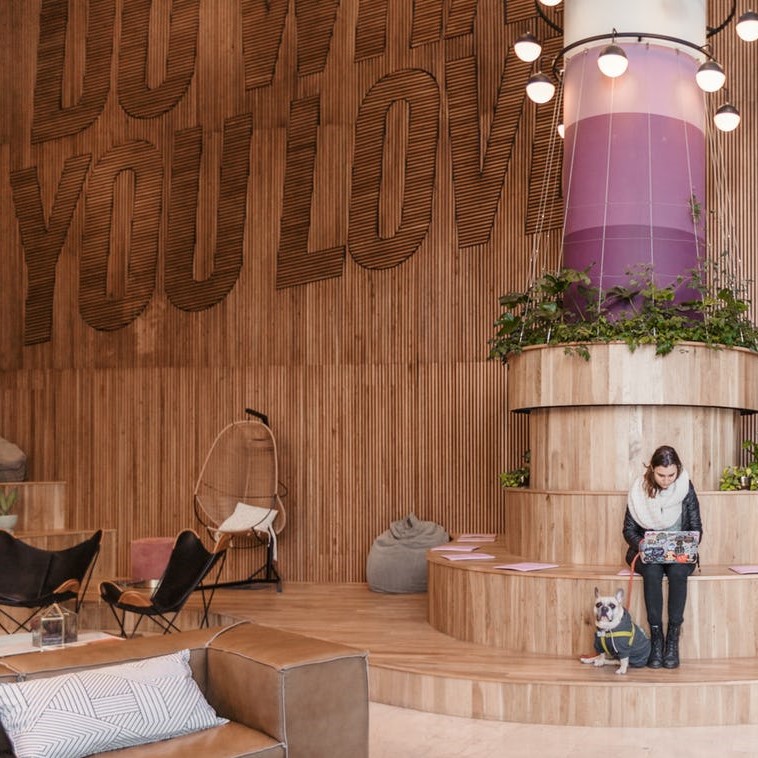To provide the best experiences, we use technologies like cookies to store and/or access device information. Consenting to these technologies will allow us to process data such as browsing behaviour or unique IDs on this site. Not consenting or withdrawing consent, may adversely affect certain features and functions.
The technical storage or access is strictly necessary for the legitimate purpose of enabling the use of a specific service explicitly requested by the subscriber or user, or for the sole purpose of carrying out the transmission of a communication over an electronic communications network.
The technical storage or access is necessary for the legitimate purpose of storing preferences that are not requested by the subscriber or user.
The technical storage or access that is used exclusively for statistical purposes.
The technical storage or access that is used exclusively for anonymous statistical purposes. Without a subpoena, voluntary compliance on the part of your Internet Service Provider, or additional records from a third party, information stored or retrieved for this purpose alone cannot usually be used to identify you.
The technical storage or access is required to create user profiles to send advertising, or to track the user on a website or across several websites for similar marketing purposes.
 The Aviva Stadium in Dublin hosted from 13th to 14th June the 27th Edition of EFMC, the European Facility Management Conference. The event, held for the first time in the Irish capital, has brought together international experts of the FM sector and has served as a platform of communication amongst facilities managers, suppliers, Universities and associations. The event culminated with tours of One Microsoft Place and the offices of Google in the Irish capital. In the closing ceremony it was announced that EFMC 2020 will be held in Barcelona. (more…)
The Aviva Stadium in Dublin hosted from 13th to 14th June the 27th Edition of EFMC, the European Facility Management Conference. The event, held for the first time in the Irish capital, has brought together international experts of the FM sector and has served as a platform of communication amongst facilities managers, suppliers, Universities and associations. The event culminated with tours of One Microsoft Place and the offices of Google in the Irish capital. In the closing ceremony it was announced that EFMC 2020 will be held in Barcelona. (more…)












 UK employees have the longest working week compared to other workers
UK employees have the longest working week compared to other workers 
 UK SMEs are losing out to big tech in the battle to recruit top tech talent, according to Robert Half UK’s new report,
UK SMEs are losing out to big tech in the battle to recruit top tech talent, according to Robert Half UK’s new report, 

















June 26, 2019
Flexible working is the new measure of success
by Ben Chatfield • Comment, Flexible working